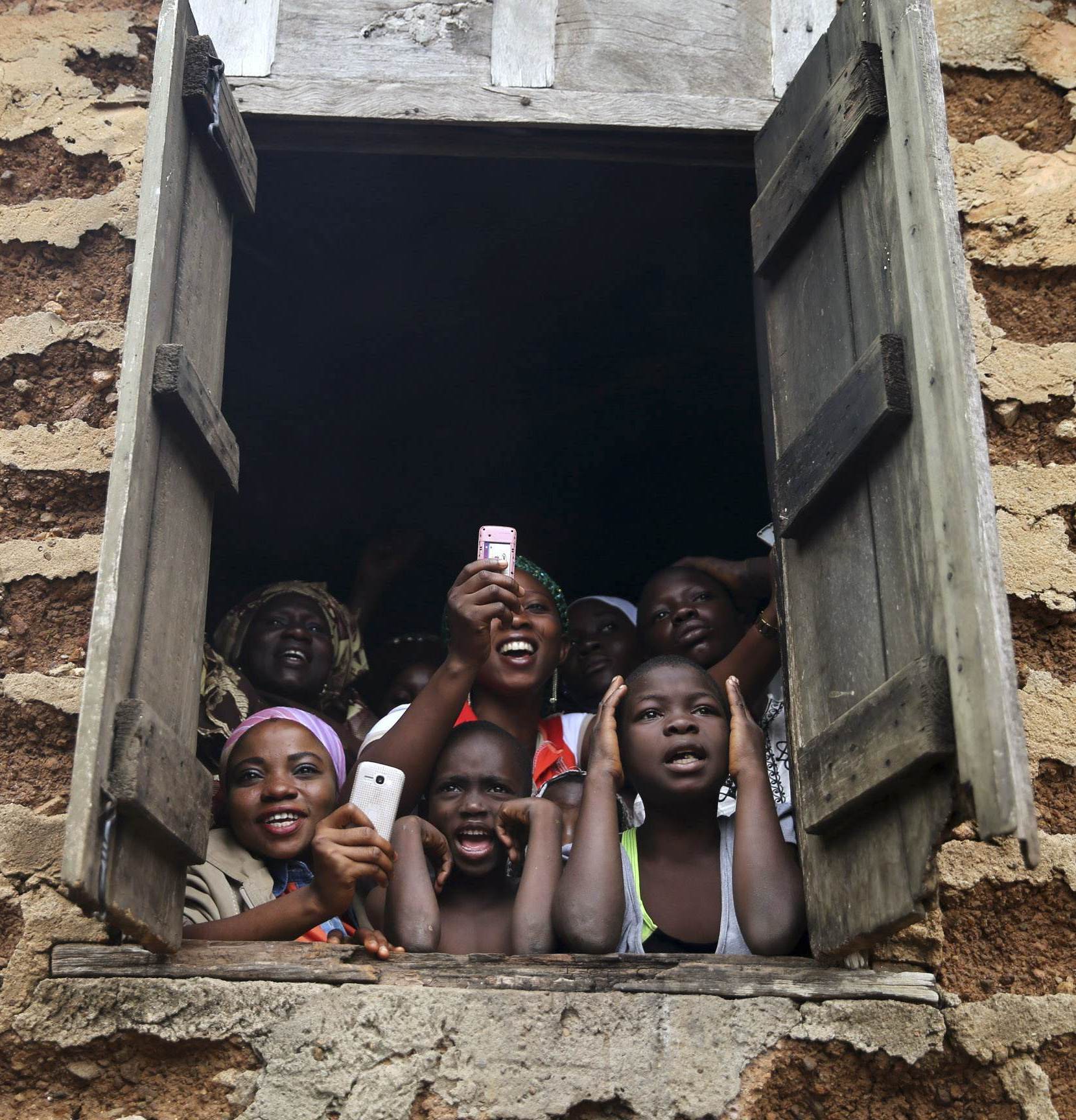How mobile banking can bring Sub-Saharan Africa out of poverty
Today 62% of the world’s population has a bank account, that’s up from 51% in 2011. Still, there are around two billion people in the world who don’t have access to the global banking system. These “unbanked” people are overwhelmingly from undeveloped or developing countries and usually live well below the poverty line. This information comes from the World Bank’s “Global Findix” which collects data on financial inclusion around the world. Bank accounts are critical to reducing poverty, says Dr. Leora Klapper, lead economist of development research for the World Bank.
Having an account or a safe place to save allows you to have savings to invest in new businesses, to pay for education and to manage unexpected shocks and risks.
Dr. Leora Klapper, lead economist of development research for the World Bank, tells Yahoo News
Dr. Klapper has been working with female factory-workers in Bangladesh who are paid in cash. “Moving them from cash to payments directly into their account can give them the privacy and control over their money,” she says. Studies show that giving women control over their money has a positive impact on budget and household spending decisions. Paying women directly into an account has been linked to greater spending on nutritional food, for example. A big game changer for the unbanked is the rise in mobile banking. Now those living in rural areas, away from bank branches, can participate in the system.

Business Mobile banking